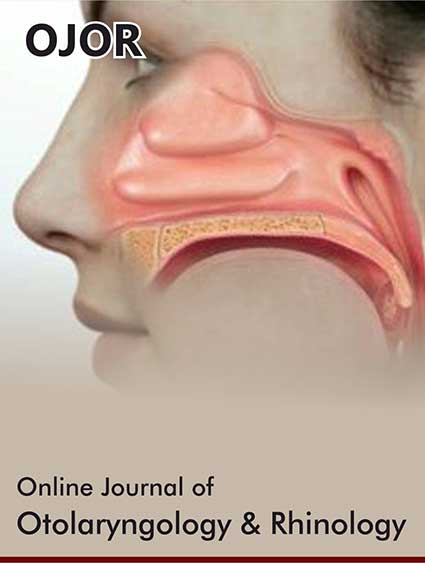 Research Article
Research Article
Intelligence of Children with Repaired Cleft Palate: A Retrospective Chart Review Study
Benjamin Becker1, Bailey Harvey1, Sue Ann S Lee2* and Joshua Demke3
1School of Medicine, Texas Tech University Health Sciences Center, Lubbock, TX
2PhD Program in Rehabilitation Science, Texas Tech University Health Sciences Center, Lubbock, TX
3Department of Otolaryngology, School of Medicine, Texas Tech University Health Sciences Center, Lubbock, TX
Sue Ann S. Lee, Ph.D., CCC-SLP, Professor, Department of Speech-Language-Hearing Sciences, Ph.D. program in Rehabilitation Science, Texas Tech University Health Sciences Center, USA.
Received Date:April 04, 2022; Published Date:April 29, 2022
Abstract
Cleft deformities have known detrimental effects on affected individuals, including physical, psychological, and intellectual in nature. The goal of this study was to examine intelligence amongst patients diagnosed with and treated for CL/P. A total of 115 medical charts of patients between ages 3 and 18 years old were screened and reviewed in this retrospective study for their TONI/PTONI scores. Intelligence scores were compared by gender, race, urban versus rural hometown, cleft type, and speech therapy (ST). The mean TONI/PTONI scores were higher in females, in patients who lived in urban areas, patients diagnosed with unilateral incomplete cleft, those who received ST, and those of Asian descent, though these differences were statistically insignificant. This data may provide useful information for prognosis of communication skills and their academic success and providing individualized care in patients with repaired cleft palate. Further research using a larger sample size is warranted in order to prove statistical significance and make an application to the broad population.
Keywords: Nonverbal Intelligence; Children with cleft palate
-
Benjamin Becker, Bailey Harvey, Sue Ann S Lee and Joshua Demke. Intelligence of Children with Repaired Cleft Palate: A Retrospective Chart Review Study. On J Otolaryngol & Rhinol. 5(3): 2022. OJOR.MS.ID.000615.





